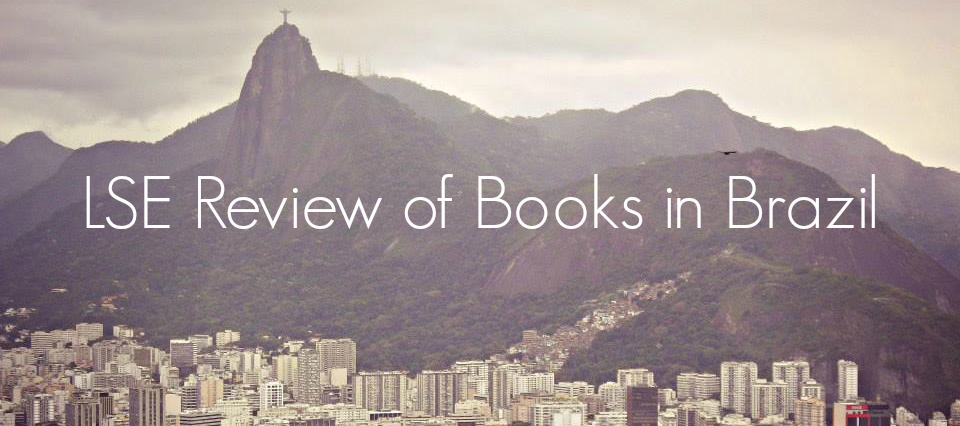
LSE Review of Books in Brazil: Rio in transition
This podcast features Ricky Burdett, Director of LSE Cities, and architectural adviser to the London 2012 Olympics; Washington Farjado, Adviser on Urban Affairs to the Mayor of Rio de Janeiro; Dame Tessa Jowell, MP and former UK Minister for the Olympics; Enrique Peñalosa, former Mayor of Bogota; Amanda Burden, Director of the New York City Department of Planning; and many others.
Presented and produced by Cheryl Brumley. All contributors in order of appearance: Ricky Burdett, Antoni Vives, Washington Farjado, Jurgen Bruns-Berentelg, Dame Tessa Jowell, Anthony Williams, Andy Altman, Jailson de Sousa e Silva, Simon Bastow (translation) Suketu Mehta, Alejandro Echeverri, Edgar Pieterse, Amanda Burden, Silvio Torres. Eduardo Feteira (translation), Maria Olivia Rocart, Enrique Penalosa, Adam Greenfield. Music and sound came courtesy of: DJ Sunho from the album DJ Sunho in Brasil with special permission; The Prelinger Archives: Brazil: South American Medley (National Geographic, 1948).
LSE Review of Books in Brazil: Favela Life: From Drug Gangs to Drum Beats
Sandra Jovchelovitch, Director of the Social and Cultural Psychology Programme at the LSE, and researcher Jacqueline Priego-Hernandez, speak about their new book: Underground Sociabilities: Identity, culture and resistance in Rio’s favelas.
Paul Heritage, Professor of Drama and Performance at Queen Mary College in London, also talks about art in the city’s periphery at a circus school in central Rio.
Other guests include: Silvia Ramos, Public Security expert in Rio and Celso Athayde, founder of CUFA (Central Unicas das Favelas) and more.
Presented by Amy Mollett. Produced by Cheryl Brumley. All contributors in order of appearance: Sandra Jovchelovitch, Jacqueline Priego-Hernandez, Silvia Ramos, Jailson de Souza e Silva, Celso Athayde, Cristal Moniz de Aragão, Angela Arruda, Pedrinho Guareschi, Paul Heritage. Translations by: Sierra Williams (Silvia Ramos), Simon Bastow (Jailson de Souza e Silva), Chris Gilson (Celso Athayde), Eduardo Feteira (Pedrinho Guareschi). Music and sound came courtesy of: DJ Sunho from the album DJ Sunho in Brasil with special permission; The Prelinger Archives: Brazil: South American Medley (National Geographic, 1948); Banda AfroReggae for their songs:” Capa de Revista” and “Conflitos Urbanos”; CriadaFavela via Soundcloud for “Feito pra favela mast. gravação voz ProDbeats”; Adventure Beats for their song “Jazzilicious Sambossa” on NuJazz Mixtape via Soundcloud; Robinhood: A circus jump via Freesound.org; and Ergo Phizmiz “Music for an Underground Circus” via Free Music Archive. Crescer e Viver photos: © 2013 Catarina Heeckt. Published 2nd April 2014.
LSE Review of Books in Brazil: Politics, People, and Petroleum
In this episode, we head inland to the heart of the country’s political life: the capital of Brasília. Authors from the LSE including Francisco Panizza (Senior Lecturer in Latin American Politics), Anthony Hall (Professor of Social Policy), Guy Michaels (Associate Professor of Economics) and Francesco Casselli (Norman Sosnow Professor of Economics), talk to LSE Review of Books about left-of-centre politics and social development in the country. We also find out whether Brazil proves or disproves the “oil curse” theory.
Other guests: André Vitor Singer (Former Press Secretary for the Lula presidency), Armando Simões (Ministry of Social Development and Fight Against Hunger in Brasilia), Antonio Claret Campos Filho (Secretary of State of Social Assistance and Human Rights: Rio de Janeiro State), Marcos Mendes (Legislative Consultant, Brazilian Senate), Fernando Postali and Marislei Nishijima (Department of Economics, University of São Paulo).
Presented by Amy Mollett. Produced by Cheryl Brumley. Music and sound came courtesy of: Groove Gravy Records for “Jazzilicious Sambossa” from their Brazil Remixed album (purchase on iTunes here) with special permission; TVBNR “Em pronunciamento, Dilma do Bolsa Familia” via Youtube (CC BY); DJ Sunho from the album DJ Sunho in Brasil with special permission; and selections from SoulBrigada presents One Note Samba Mixtape Vol.2 (CC BY). Collage image: Oil platform: Håkon Thingstad; Dilma and Lula: Blog do Planalto; Bolsa Familia: Fotos GOVBA. Published 22 July 2014.
Other resources
 Download the LSE Cities newspaper on City Transformations
Download the LSE Cities newspaper on City Transformations
The twentieth century saw an acceleration in the process of urbanisation, of a speed and pace of change that outstripped the genteel and planned expansion of Paris, Barcelona, Berlin and even London in the previous century. This process has accelerated even further since 2000, completely transforming the physiognomy of some cities in response to profound changes in global economic and social trends. Rio de Janeiro stands out today as a city that is embracing change and undergoing profound transformation. As such, it provides the ideal setting for an informed debate on the impacts of city transformations across the globe. The newspaper features commentary from renowned urbanists and academics such as Deyan Sudjic, David Harvey, Richard Sennett. For more information, see LSE Cities.
This book is the result of a study carried out by London School of Economics (LSE) in partnership with UNESCO Office in Brazil, Itaú Cultural Institute, Itaú Social Foundation, AfroReggae and CUFA to study the ways of sociability that remain invisible and underground within conventional societies. The main objectives of the study were to explore the alternative ways to integration and sociability developed by communities that live in extreme conditions of social exclusion and poverty, and to study and to disseminate the methodology of work with and for youth developed by the groups AfroReggae and CUFA. Download the Portuguese version here.For more information, see the Favelas@LSE blog.
Photo highlights from our adventure in Rio de Janeiro
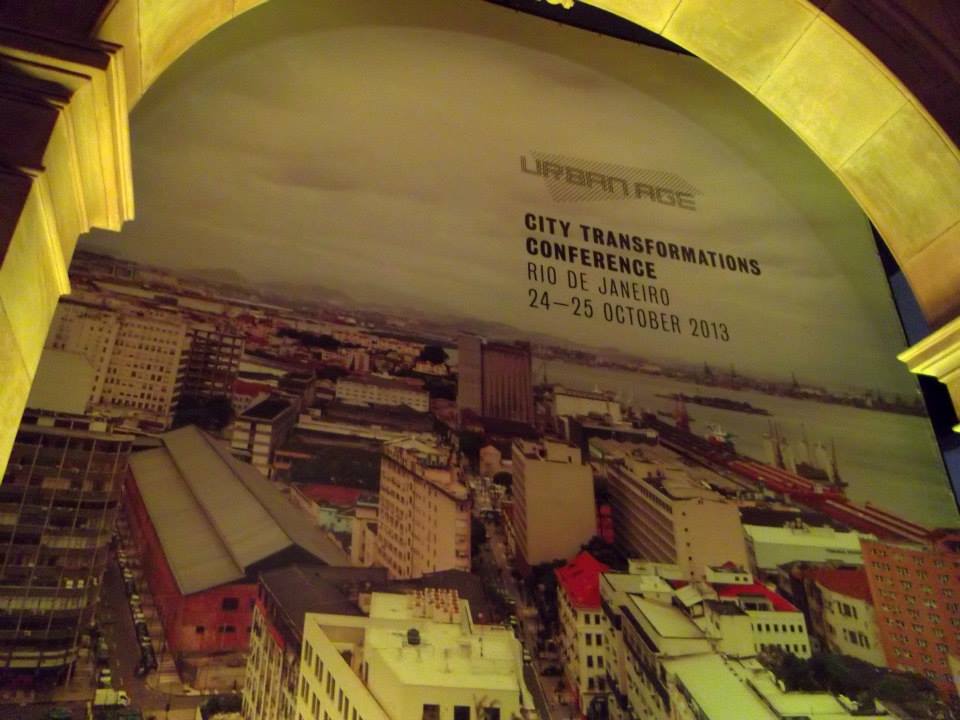
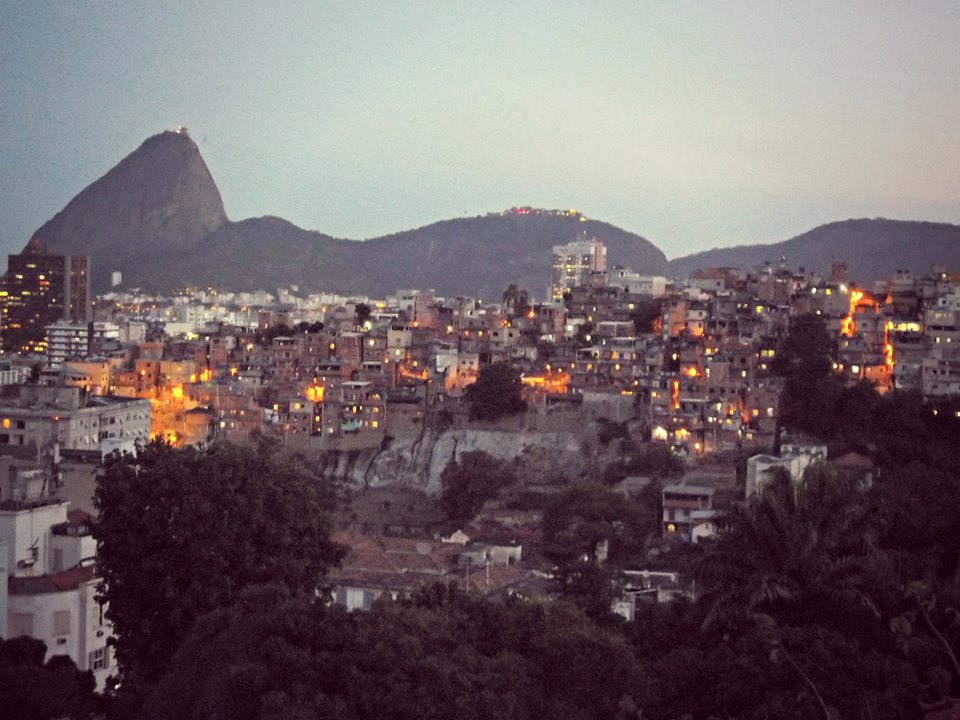
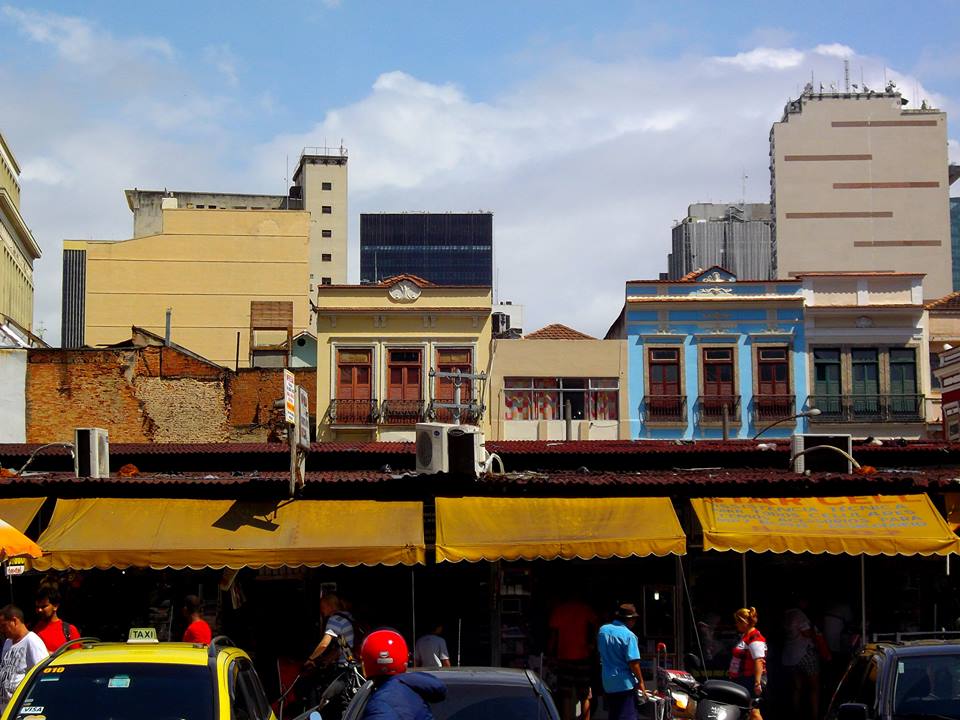
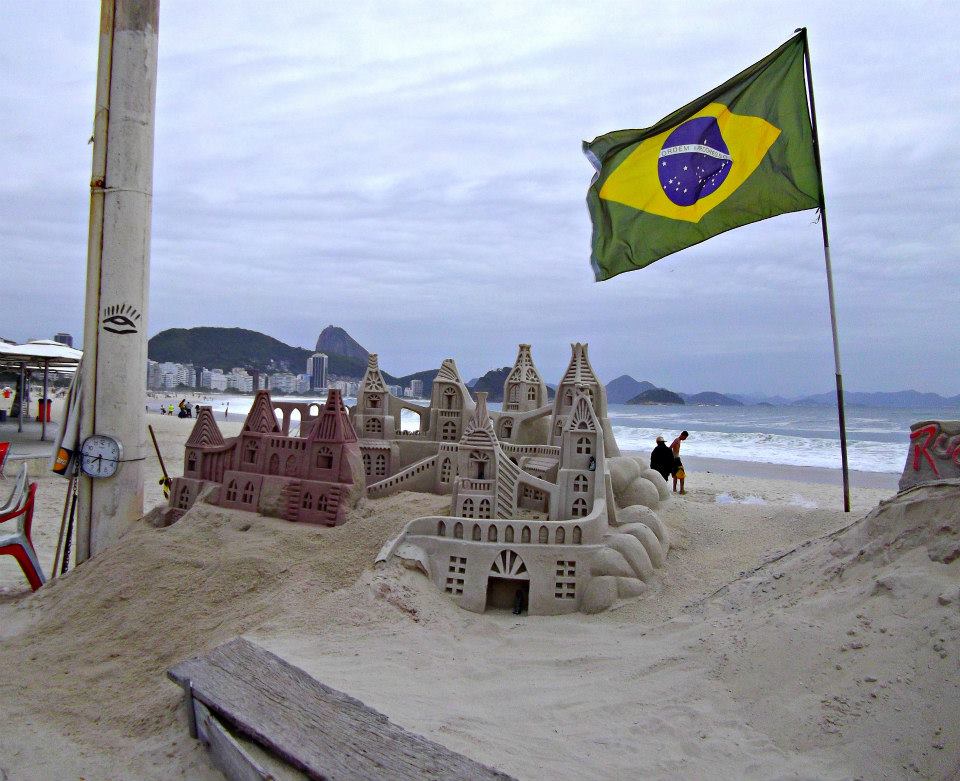
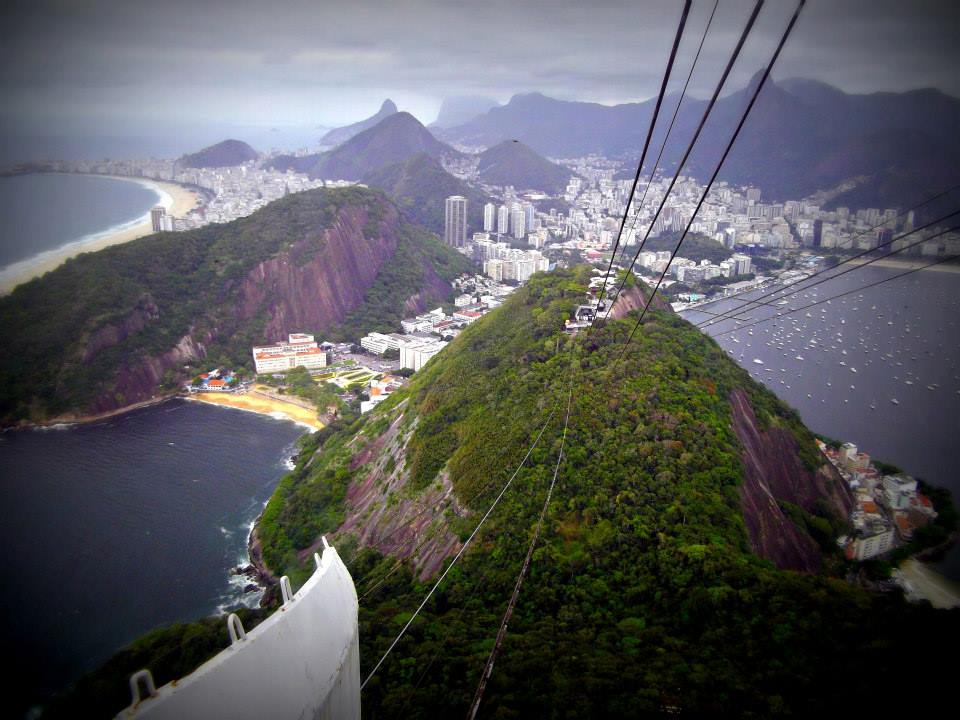


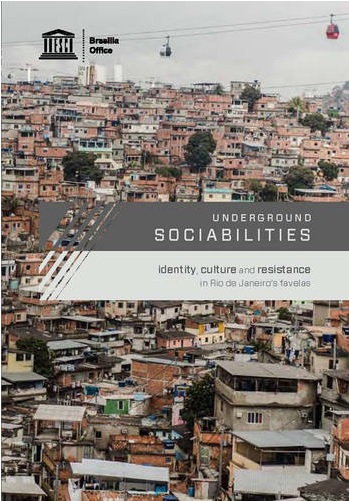 Download a free PDF of Underground Sociabilities: Identity, Culture and Resistance in Rio’s Favelas, by Sandra Jovchelovitch
Download a free PDF of Underground Sociabilities: Identity, Culture and Resistance in Rio’s Favelas, by Sandra Jovchelovitch


3 Comments